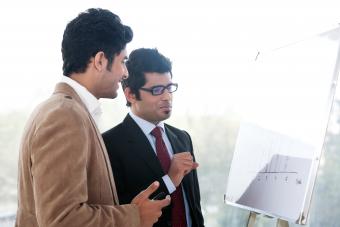Competitiveness
Competitiveness
Recent Activity
Commentaries
January 2015
In a personal tribute published in the Migration Information Source, MPI's online journal, MPI President Emeritus Demetrios G. Papademetriou reflects on the life and career of Graeme Hugo, a world-renowned scholar and Director of the Australian Population and Migration Research Centre at the University of Adelaide, who died in January 2015.










The Field of Migration Studies Loses a Giant: Graeme Hugo